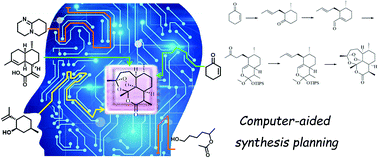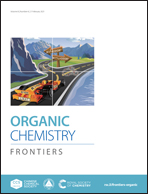Mapping the resources and approaches facilitating computer-aided synthesis planning
Abstract
Despite continuously significant breakthroughs in academia, organic synthesis remains the rate-limiting step everywhere, especially in a research environment where budget, manpower, and materials are increasingly restricted. Computer-aided synthesis planning (CASP) is a promising area of research with potential to have a tremendous impact on drug discovery, industrial chemistry, and materials science. Recently, there has been a boom in the growth of synthesis data and the application of artificial intelligence (AI) in CASP has been revitalized. However, a study of the available resources and approaches that can facilitate AI-driven organic synthesis has not been performed. This review critically examines the state of resources and approaches necessary in CASP, including big data, algorithms, and their features, advantages, limitations, and programming barriers. We conclude by outlining routes to lower the threshold for CASP research, as well as addressing research questions for the present and forecasting their role in next-generation CASP systems.

- This article is part of the themed collection: 2021 Organic Chemistry Frontiers Review-type Articles


 Please wait while we load your content...
Please wait while we load your content...